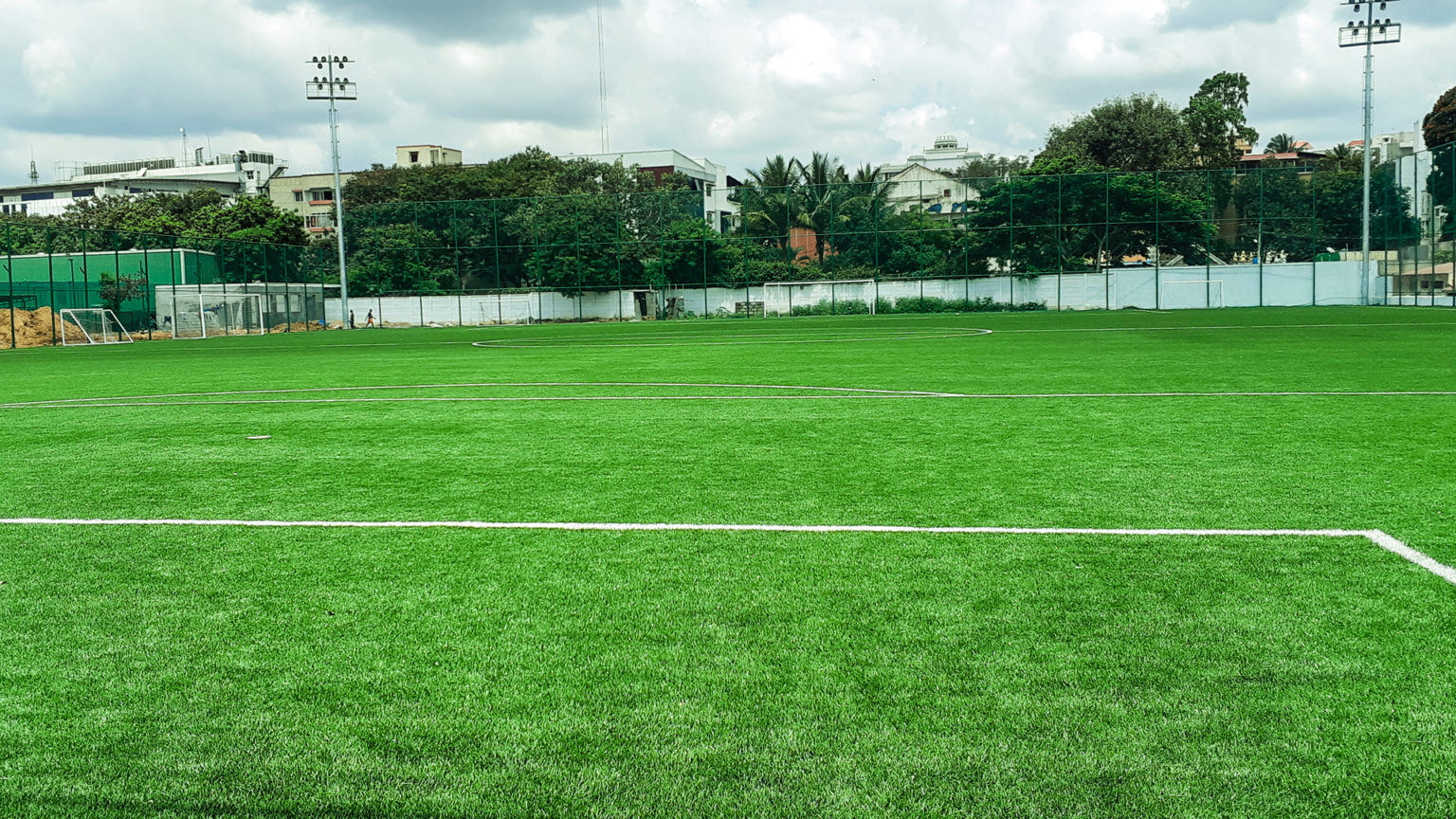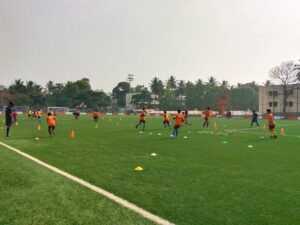A rising tide of sports is washing over the country as we speak. We watch and play more sports than we have ever before. Names like Sachin Tendulkar, Michael Phelps, Cristiano Ronaldo, or Muhammad Ali have become cult figures. These names live in our consciousness and conjure images of success and glory.
They have also inspired generations of youngsters to get more involved in the sport. These athletes are part of an elite group that makes up less than 1% of the world’s population. A set of sportspersons whose very names have been associated with success and excellence. There is no question that sports is important to them, but what about the remaining 99%? How are they involved in sports?
We move our schedules to make time for our favourite teams and players. We spend time and money watching and cheering them on. We wear their names on our backs with pride and defend them against trolls. It sparks a desire in us to try and be like them by taking up the sport or finding like-minded people who also appreciate them.
We’re building communities around these sporting identities that we have adopted.
We do all of this because sports moves us in a way that seemingly few other things can. The joy of playing or the thrill of watching a game live, is unparalleled.
There are obvious physical advantages to it – the endorphins released while playing make us more active and lively. We can create bonds on the pitch that can last a lifetime. Watching or playing sports together brings you closer as a community. We find brotherhood in supporting a team or player. We learn about trust and take that learning off the pitch as well.
We are all engaged in sport at some level. In our daily lives we’re always competing, whether for food, power, or control we’re trying to win something on or off the pitch. This pursuit of progress and happiness in life is what we sharpen through sport. We may never perfect it, but sport teaches us that when we fall, we dust ourselves off and go again.




